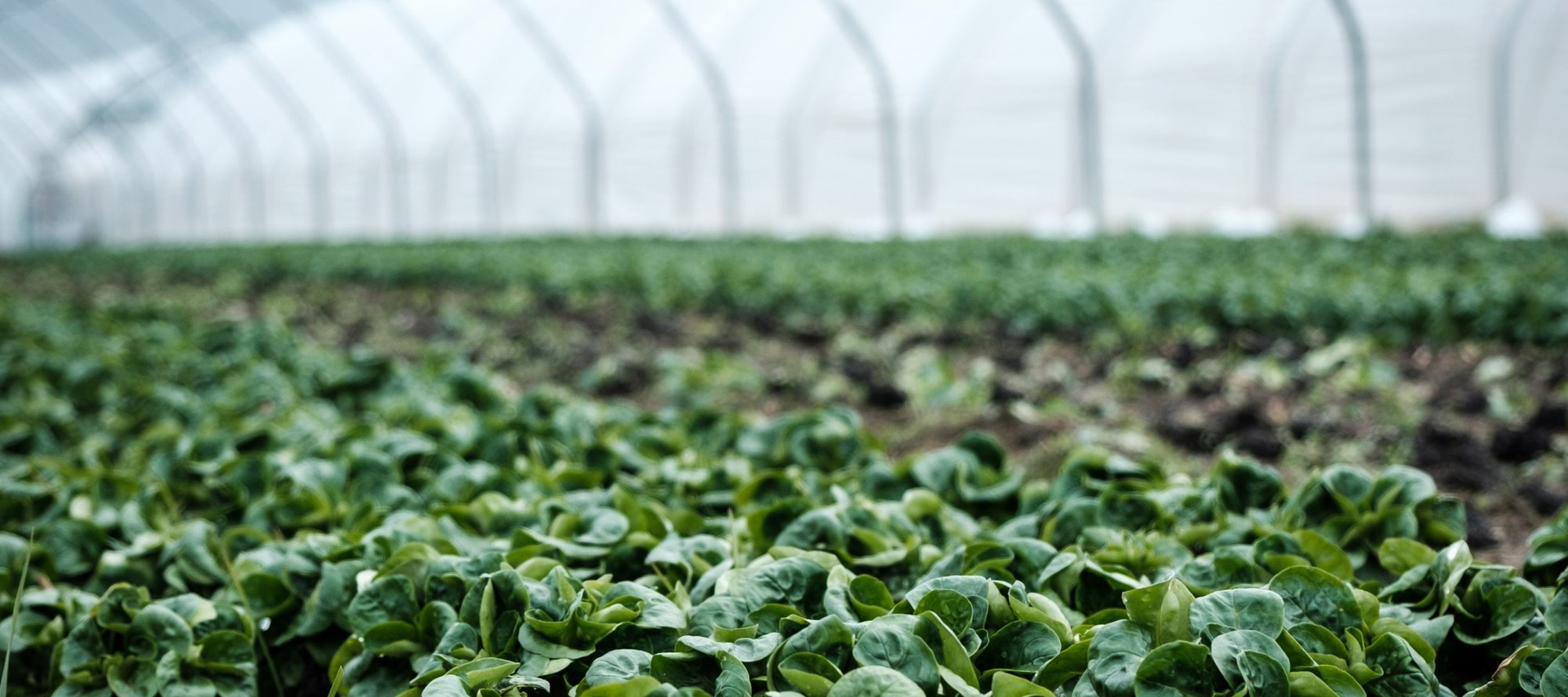
Reduce Irrigation Maintenance & Repair for Greenhouse Drip Systems
Scale Buildups Lead to Costs and Downtime
October 11, 2023
3 minutes
Agronomy
By Clint Hoffman
Download Free Agronomy GuideReduce Irrigation Maintenance & Repair for Greenhouse Drip Systems
Drip clogging can become a major expense in irrigation maintenance and repair for greenhouse applications. It’s challenging to restore flow to a dripper once it has become clogged, which often means the equipment must be replaced.
Recent research shows that the average cost of maintaining greenhouse farming equipment in the United States is around $500 per month per acre—which can add up quickly. Preventive measures are therefore critical to keeping flow up and costs down.
What Blocks Emitters in Greenhouse Drip Irrigation Systems?
It’s important to maintain the free flow of water through drip emitters, but they can become clogged in a variety of ways:
- Dirt or other fine particles
- Buildup of mineral deposits (scaling)
- Biofilms
- And more
Gradual deposits of iron, calcium, magnesium, or other mineral scales due to hard water or high pH conditions are a major threat. High lime content in municipal water systems across much of the U.S.—and the high levels of calcium and magnesium in our aquifers—makes scale a particularly common problem. If you see whitish deposits forming on emitters and micro sprinklers, or a white or chalky film inside the drip tubing, scale from calcium or magnesium carbonates is generally the cause.
Water soluble phosphorus fertilizers can also be a culprit. When these fertilizers are added to greenhouse irrigation system water along with high concentrations of calcium or magnesium salts, this can ultimately plug emitters with calcium or magnesium phosphates. Evaporation of water in the dripper will lead to precipitation of calcium carbonate scale over time from the chemicals dissolved into the water.
Scale of any kind reduces the size of the dripper orifice over time, and even a slight change in the size of the opening can have a substantial impact on the volume of water that’s getting to your plants. When emitters become partially or fully blocked, the plants nearest the clogs get less water, experience more stress, and exhibit less growth. This issue is often observed in crops like peppers, which are planted in a higher density.
How to Take Control of Your Irrigation Maintenance Needs
One of the typical approaches to mitigating scale buildup in drippers or dripper lines is by injecting acids (commonly sulfuric acid or hydrochloric acid) to flush the system and dissolve buildups. Acids are inexpensive, but also pose safety concerns involving storage and the physical safety of maintenance personnel.
Filtration and water softening systems can also play a crucial role, protecting large-scale drip irrigation systems right at the water’s source by removing unwanted minerals before they’re dispersed into the dripper lines and reach the emitters. However, these systems are themselves a large investment and can create a burden on the irrigation maintenance budget.
A proactive approach to scale prevention with a simpler approach—using a water conditioning agent—can be an excellent compromise. The water soluble polyaspartate in Soltellus™ polymer is an anti-scaling solution that’s also biodegradable, safe for plants, and even promotes higher crop yields when dispersed in irrigation water.
Reduce Water Hardness and Prevent Scale With a Biodegradable Polymer
Soltellus™ polymer chelates the minerals that are the source of scale buildups. This means it grabs and binds to the particles, carrying them out and preventing them from depositing in emitters or lines.
Once in the soil with the plant, this multifunctional solution also helps with nutrient uptake by plant roots, holding nutrients in the root zone longer. As it slowly biodegrades into simple amino acids, it also releases the minerals and nutrients, making them available to the plants. This has been shown to boost crop yields and promote a healthy soil biome.
Reach out to Lygos to learn more about Soltellus and how it can prevent scale buildups in your greenhouse irrigation system.